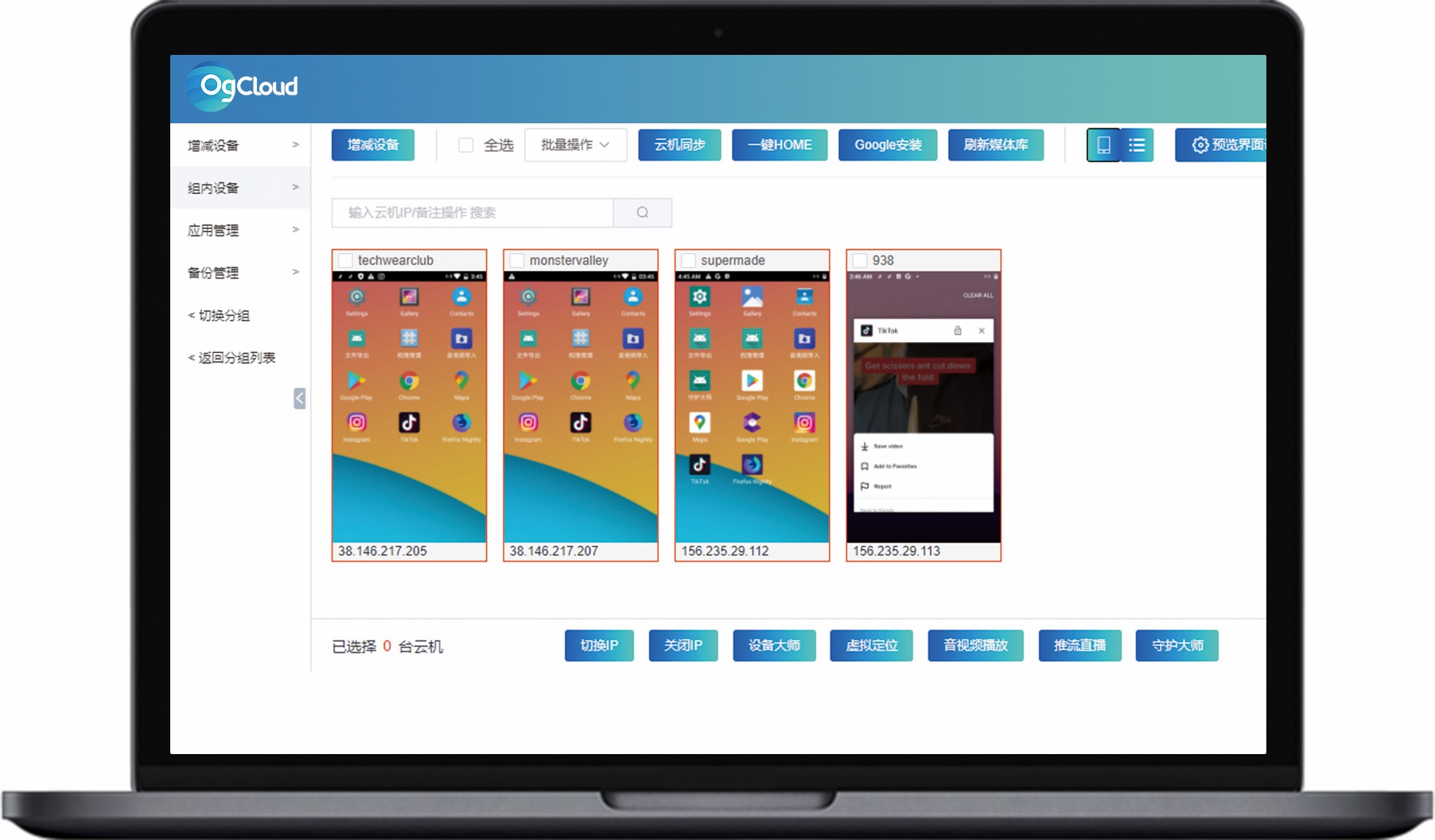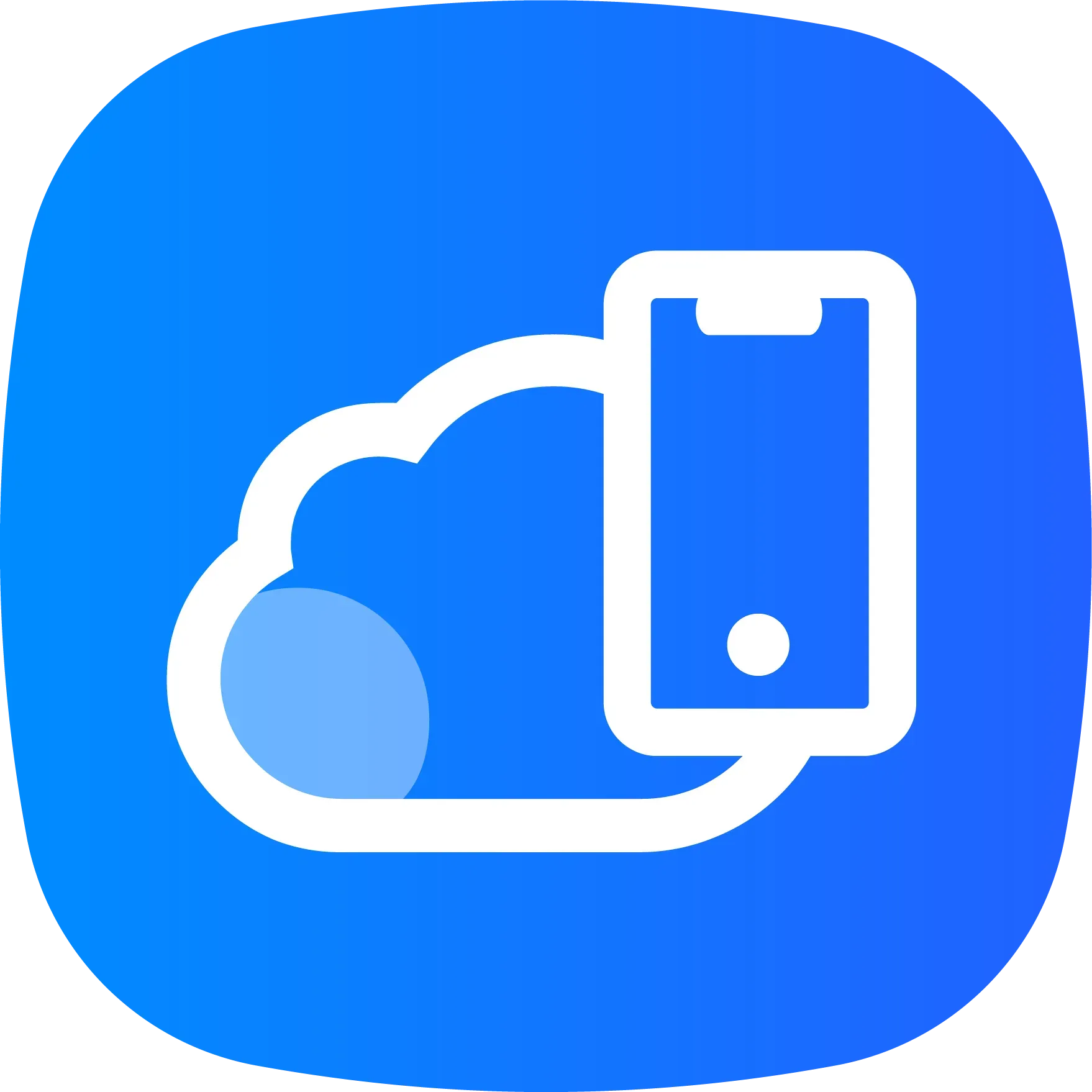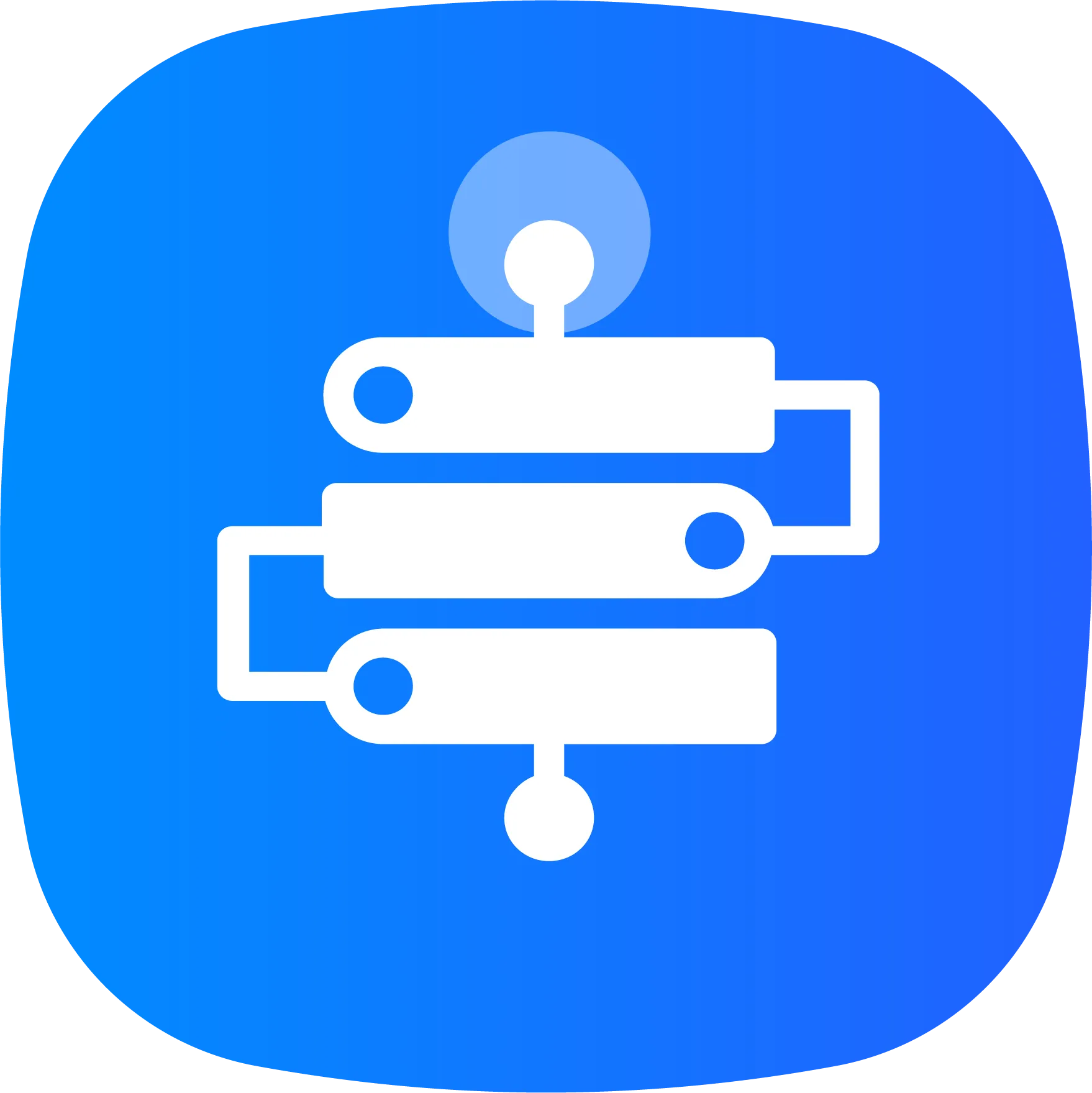Global IT supply chain
International transportation + IT O&M outsourcing + self-owned backbone network
Cloud phone, a virtual mobile solution, has gained recognition in various industries due to its unique advantages. Based on cloud computing technology, it virtualizes multiple mobile devices on a single chip, storing all data in the cloud.

This means that users can easily control multiple virtual phones in a server room from any internet-connected terminal device and configure various IP addresses according to different business needs.
Cloud phones differ significantly from traditional smart phones in many ways:
Hardware Costs: Traditional phones require the appropriate processors, storage, and hardware, incurring additional costs. In contrast, cloud phones only need an internet-connected terminal device, eliminating the need for extra hardware expenses.
Software Updates: Traditional phones necessitate manual software downloads, installations, and updates. Cloud phones, on the other hand, allow software updates to be performed in the cloud, eliminating the need for manual upgrades while ensuring users have access to the latest software services.
Data Security: Local data storage in traditional phones poses risks of data loss and leakage. Cloud phones store all data in the cloud, enhancing data security. Additionally, cloud phones feature automatic repair functions that prevent data loss, further increasing data security.
Resource Sharing: Cloud phones are built on cloud computing technology, enabling multiple users to share cloud-based hardware and software resources, significantly improving resource utilization. Traditional phones, however, function as standalone devices and do not support resource sharing.
Latency and Bandwidth: Cloud phones may experience certain delays and bandwidth limitations as data is transferred to the cloud for processing. In contrast, traditional phones handle processing locally, resulting in faster speeds.
Scalability: Cloud phones are highly scalable, allowing users to enhance performance and functionality without increasing hardware costs. Traditional phones require purchasing higher-configured versions to achieve improved performance and functionality.
Virtual Multi-Device Functionality: Cloud phones can virtually run multiple Android or iOS systems on a single chip, reducing usage costs and improving phone utilization and control.
Group Control Functionality: Traditional physical phones can only run individually or be controlled in batches through scripting, which is inefficient and cumbersome. Cloud phones centralize the management of all devices in server rooms, making it easy to manage thousands of cloud phones, thereby reducing operational costs.
Parameter Modifications: Cloud phones support modifying phone parameters, one-click resetting, IP configuration, adb access, root permissions, and other operations. This feature is particularly suitable for teams with technical expertise to conduct batch operations for different businesses.
In summary, cloud phone offers significant advantages in terms of cost, security, reliability, practicality, and scalability. It has become an essential solution in various industries.
If you are interested in cloud phone, feel free to explore Ogphone! Ogcloud offers you the most cost-effective cloud phone solutions.

International transportation + IT O&M outsourcing + self-owned backbone network

Cellular chips + overseas GPS + global acceleration network

Overseas server room nodes + dedicated lines + global acceleration network

Global acceleration network + self-developed patented technology + easy linking

Global Acceleration Network + Global Multi-Node + Cloud Network Integration


